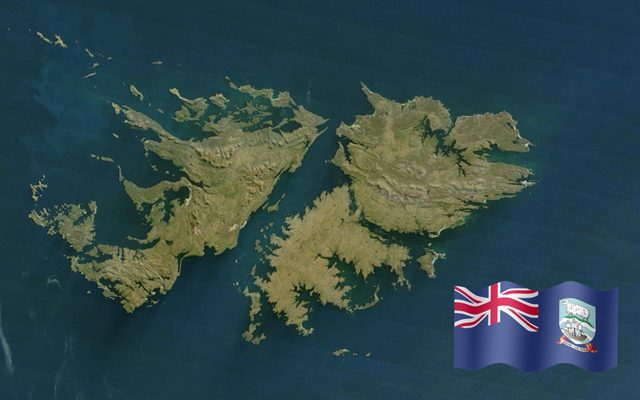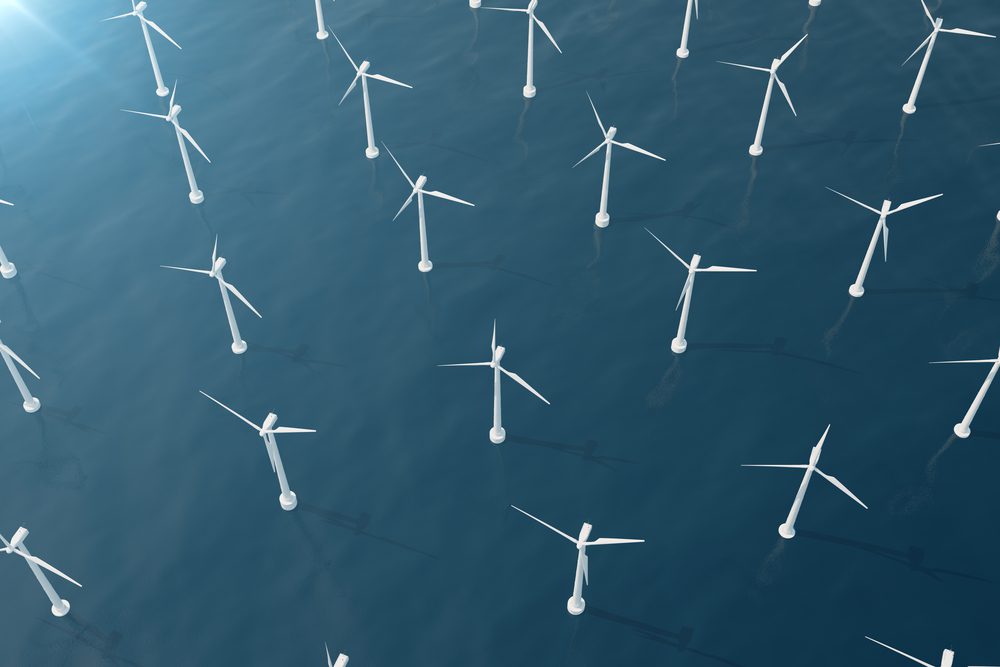 The United Kingdom has stated they will share in a large discovery of oil off the coast of the once disputed Falkland Islands. With royalties from the offshore well discovered by UK-based British explorer Rockhopper Exploration PLC exceeding $167-billion, many worry that the sum is high enough to kindle the embers of Argentina’s pride which has mostly recovered since it’s war with the United Kingdom over the mostly barren, mid-ocean rocks. A nearly forgotten war that claimed 900 lives in 1982.
The United Kingdom has stated they will share in a large discovery of oil off the coast of the once disputed Falkland Islands. With royalties from the offshore well discovered by UK-based British explorer Rockhopper Exploration PLC exceeding $167-billion, many worry that the sum is high enough to kindle the embers of Argentina’s pride which has mostly recovered since it’s war with the United Kingdom over the mostly barren, mid-ocean rocks. A nearly forgotten war that claimed 900 lives in 1982.
Sea Lion, as the field has been named, was first discovered in 2010 at a location just north of the Falklands, is expected to have a service life of over 20 years and an estimated reserve of eight billion barrels.
When oil starts flowing, and in whatever quantity, the Falkland Islands (which Argentina refers to as Las Malvinas) will contribute to the cost of its defense, which is currently paid for entirely by Britain, local assembly member Gavin Short said Thursday in a telephone interview.
“We have always said once we have found out what we have got and it started flowing, then it would be our intention to make contributions [to Britain],” Mr. Short, local assembly member Gavin Short said Thursday in a telephone interview with Reuters.
Under licences signed by the oil companies, all proceeds from the oil will flow to the Falkland Islands Government, Mr. Short and Britain’s Foreign Office both said.
Britain has since refused to start talks over sovereignty until the islanders, the majority of which are pro-British in sentiment and even sent a warship to the area to send a signal about it’s intentions.
But Argentina has pushed back.
President Cristina Fernández de Kirchner said earlier this month that Argentina would formally complain to the United Nations Security Council about Britain’s militarization of the South Atlantic and she accused British Prime Minister David Cameron of militarizing the area surrounding the South Atlantic archipelago, which Argentines claim the British stole from them nearly 180 years ago.
But the British contend that the extra revenue, counted in the billions of dollars, would serve the lives of the 3,000 people, mostly fishermen, currently living on the islands. In 1994, the Falklands wrote to Britain offering to pay a proportion of any potential oil revenues toward the cost of defence, known as the “Battle Day Letter.” That intention has been reiterated by the Falkland Islands assembly members since, a spokesman for Britain’s Foreign Office said.

 Join The Club
Join The Club




 The United Kingdom has stated they will share in a large discovery of oil off the coast of the once disputed
The United Kingdom has stated they will share in a large discovery of oil off the coast of the once disputed 






